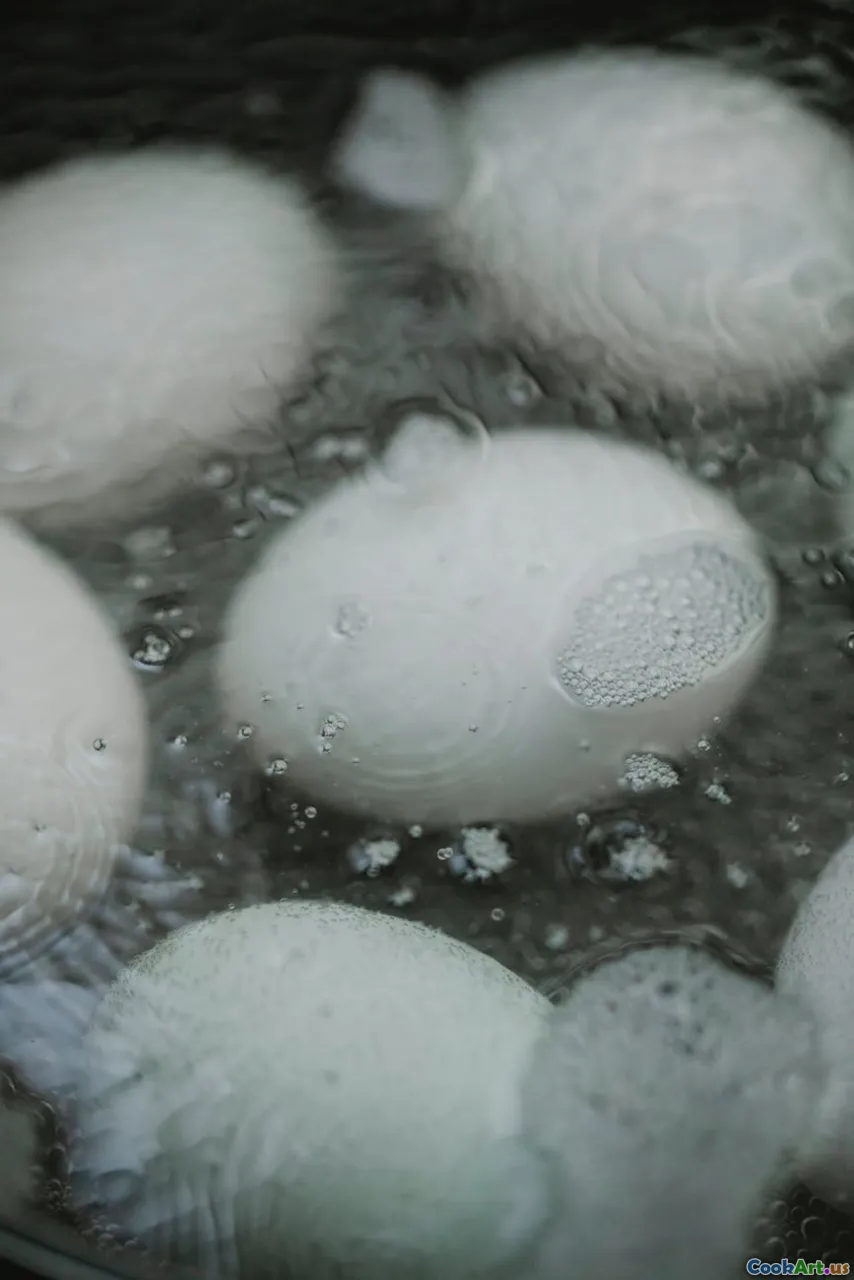Secrets to Perfectly Boiled Eggs
5 min read Unlock the art of boiling eggs to perfection with tips, techniques, and surprising facts that elevate this simple dish. April 12, 2025 17:00
Secrets to Perfectly Boiled Eggs
Boiling eggs may seem like a simple task, but achieving the perfect boiled egg can be a culinary conundrum. Whether you prefer them soft, medium, or hard-boiled, there’s a science and technique that can transform your egg game. Here, we unveil the secrets that will help you boil eggs to perfection every time.
The Basics of Boiling Eggs
Before diving into techniques, it’s essential to start with the basics. The type of eggs you use can significantly affect the outcome. Fresh eggs are great for many dishes, but when it comes to boiling, slightly older eggs (around 1-2 weeks old) tend to peel more easily.
The Right Method
- Start with Cold Water: Place your eggs in a single layer in a pot and cover them with cold water, ensuring the water level is about an inch above the eggs.
- Bring to a Boil: Slowly bring the water to a rolling boil over medium heat.
- Cover and Remove from Heat: Once boiling, cover the pot with a lid and remove it from the heat. This step is crucial as it allows the eggs to cook gently without the risk of cracking.
- Set a Timer: Depending on your desired doneness, set a timer:
- Soft-boiled: 4-6 minutes
- Medium-boiled: 7-9 minutes
- Hard-boiled: 10-12 minutes
Ice Bath: The Secret to Easy Peeling
After the timer goes off, immediately transfer the eggs to an ice bath. This stops the cooking process and helps the eggs cool down quickly. The rapid temperature change also makes peeling much easier, as it causes the egg to contract slightly away from the shell.
The Science Behind Perfect Eggs
Understanding the science of eggs can help you achieve consistent results. The proteins in the egg whites coagulate at different temperatures:
- Around 140°F (60°C): Soft, tender whites
- Around 160°F (71°C): Firm, set whites
- Around 170°F (77°C): Fully set whites with a slight chew
In contrast, the yolk begins to thicken around 150°F (65°C) and becomes fully set at 170°F (77°C). This knowledge allows you to tailor your boiling time to achieve the exact texture you desire.
Tips for Perfection
- Add Vinegar or Salt: Adding a splash of vinegar or a teaspoon of salt to the boiling water can help prevent egg whites from leaking out if any shells crack.
- Avoid Overcrowding: Boil only as many eggs as comfortably fit in a single layer in the pot to ensure even cooking.
- Experiment with Altitude: If you’re at a higher altitude, you may need to adjust boiling times since water boils at lower temperatures.
Culinary Uses for Boiled Eggs
Perfectly boiled eggs are versatile and can be used in various dishes:
- Salads: Add sliced hard-boiled eggs to salads for added protein and richness.
- Deviled Eggs: A classic appetizer, deviled eggs are always a hit at gatherings.
- Ramen: Soft-boiled eggs are a must-have topping for a comforting bowl of ramen.
- Breakfast Bowls: Slice them over avocado toast or grain bowls for a nutritious start to your day.
Conclusion
Boiling eggs may be a fundamental cooking skill, but mastering it opens the door to countless culinary possibilities. With these techniques and tips, you’ll be able to serve perfectly boiled eggs every time, impressing family and friends with your newfound egg expertise. So grab your eggs, set your timer, and get ready to enjoy the simplicity and deliciousness of perfectly boiled eggs!









